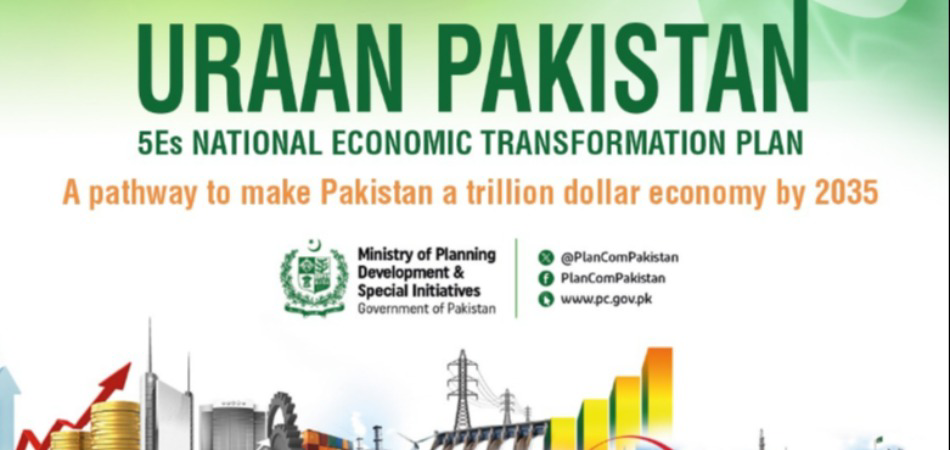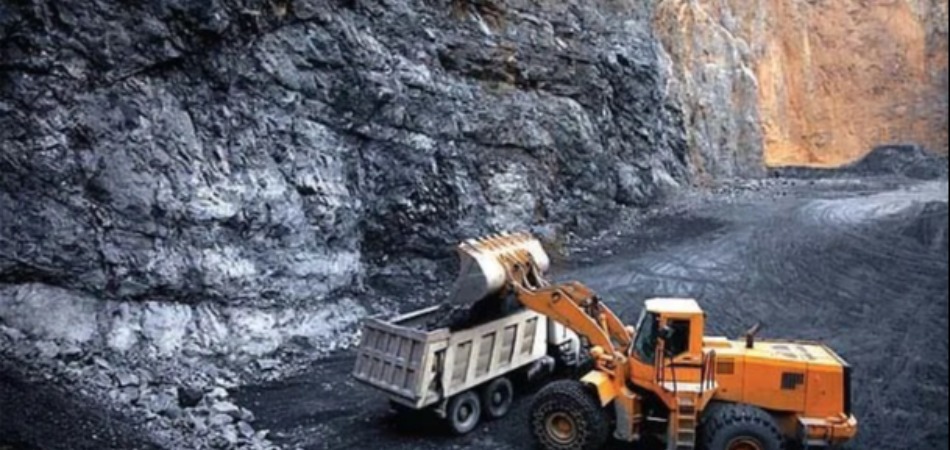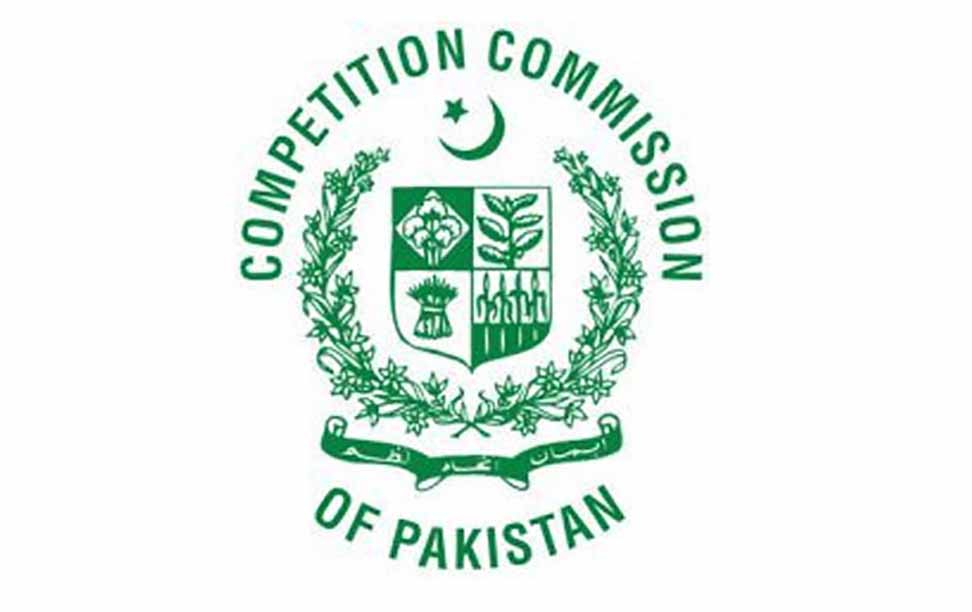EIU Forecasts; PML (N) wins in the next polls, China-Pakistan partnership to continue, Trade Deficit to widen

By MG News | July 06, 2017 at 12:42 PM GMT+05:00
- PML-N to retain Power in 2018 Election
- China Will Remain Pakistan's Leading Economic Partner
- Government to Face Opposition to Sell-Off State Run Units
- Inflation to Pick Up Owing to Global Energy Price Increase
- PKR expected to weaken and reach 121 to a dollar by 2021
- PML-N to retain Power in 2018 Election: Economic Intelligence Unit
According to the EIU – Economic Intelligence Unit, the PML (N) is expected to win the upcoming elections as the modest economic growth; stable security conditions in the country would help PML (N) regain their majority in the Lower House of the Parliament. The report identifies that currently the sitting party, PML (N) enjoys a very secure and comfortable majority in the parliament and also has the impetus to retain their majority in the next polls.
The continuation of PML (N) would help regain the political confidence and continue the economic reform agenda constituted and executed after their win in 2013.
The Economist Intelligence Unit expects the party to retain control of parliament until the next legislative election in 2018.
“We believe that the PML N is well placed to win a majority at the next poll and remain in power. In addition to the advantages of incumbency, the PML N will also benefit from its legacy of modest economic improvements”, the report said.
Election Watch
The next election for the National Assembly is due to be held in the second half of 2018. An earlier date for the ballot is unlikely, as the government will be keen to consolidate its power base.
Moreover, the administration will want to hold out as long as possible, in order to allow more time for the economic benefits from energy and road infrastructure investments to filter through to voters.
The country witnessed the first transfer of power between elected civilian governments in its history at the 2013 parliamentary elections, and we expect this to be repeated in 2018, helping to strengthen Pakistan's democratic institutions.
- China Will Remain Pakistan's Leading Economic Partner: Economic Intelligence Unit
China to continue as the key trading partner of Pakistan
Majority Funding Will Be Allocated to Energy and Transport
China will remain Pakistan's leading economic partner in 2017-21 as projects under the umbrella of the China-Pakistan Economic Corridor (CPEC) are executed.
The report of Economic Intelligence Unit said that the majority of funding will be allocated to energy and transport infrastructure projects. The CPEC will further strengthen relations between the two countries.
Although public sentiment towards China remains favorable, the financial terms of CPEC investments may arise as a point of contention (particularly in relation to the energy sector).
- Government to Face Opposition to Sell-Off State Run Units: Economic Intelligence Unit
Sell-Off Of Companies to Increase Unemployment
Several Thousand People Working In State Run Companies
The Pakistani government to face stiff resistance from opposition parties to sell state-run units in new fiscal year and years to come as the privatization would lead to massive lay-off, creating unemployment.
According to report of Economic Intelligence Unit, owing to strong opposition from entrenched interests within state-owned enterprises (SOEs), the government will make only slow progress on privatization-a long-held goal of Nawaz Sharif, who believes that this will help to put Pakistan on a higher economic growth trajectory and allow further progress on fiscal consolidation.
The report further added that the privatization process will remain fraught with political complications, as many SOEs are overstaffed and successful restructuring would involve severe job losses resulting in a much abhorred push and pull between unions and the government.
- Inflation to Pick Up Owing to Global Energy Price Increase: Economic Intelligence Unit
Inflation in Next Fiscal Year Might Reach 4.8%
Inflation to push up on higher global energy prices as the crude oil price may rebound and government will have no other alternative than to pass on the impact while it might introduce subsidies on power sector to keep the electricity tariff on favorable side.
“We forecast that consumer price inflation will pick up to an average of 4.8% in 2017, owing to a modest increase in global energy prices”, said a country report of Economic Intelligence Unit.
The government has started to raise fuel prices to pass on some of these costs to consumers, and this has contributed to a rise in headline inflation in recent months.
“We also expect that electricity tariffs will be increased in several steps over the forecast period as the authorities pass on some of the cost of expanding power infrastructure to consumers”, the report said.
The feed through effects of the weakening of the Pakistan rupee against the US dollar will also add to consumer price pressures. “Our inflation outlook assumes normal monsoon rainfalls over the coming years, but there is a risk that poor harvests could temporarily push up prices in any given year”, the report said.
- Pakistan rupee to weaken; forecast 121 to a dollar by 2021: Economic Intelligence Unit
EIU predicts that the current account deficit which has ballooned to sky high would result into pressurizing domestic currency and would depreciate in next four years.
“We forecast that PKR will weaken over the forecasted period, from an average of PKR105.3-USD1 in 2017 to PKR121.8-USD1 in 2021” highlighted the report.
However, depreciation pressure in 2017-18 should be relatively limited, as the authorities will seek to maintain broad exchange-rate stability against the US dollar ahead of the parliamentary elections in 2018.
The report forecasts that the current-account deficit will average the equivalent of 3.7% of GDP in 2017-21. The large shortfall will therefore remain a key source of macroeconomic risk over the coming years. We expect the merchandise trade deficit to widen in US dollar terms over the forecast period as a result of greater demand for goods imported for infrastructure and investment projects, as well as consumer goods.
Exports will be supported by gains in global trade growth and stronger demand from the EU. However, Pakistan's exporters (particularly in the garment sector) will struggle to take full advantage of these opportunities owing to infrastructure constraints, as well as growing competition from the garment sectors in other parts of South and South-east Asia.
Related News
| Name | Price/Vol | %Chg/NChg |
|---|---|---|
| KSE100 | 130,462.08 175.25M |
0.09% 118.05 |
| ALLSHR | 81,133.62 567.15M |
0.14% 109.63 |
| KSE30 | 39,899.27 69.17M |
-0.02% -8.99 |
| KMI30 | 190,024.00 86.19M |
0.26% 488.99 |
| KMIALLSHR | 54,900.49 292.75M |
0.21% 116.83 |
| BKTi | 34,731.75 18.29M |
-0.60% -208.98 |
| OGTi | 28,520.15 12.38M |
0.79% 224.10 |
| Symbol | Bid/Ask | High/Low |
|---|
| Name | Last | High/Low | Chg/%Chg |
|---|---|---|---|
| BITCOIN FUTURES | 109,820.00 | 110,195.00 109,200.00 |
-465.00 -0.42% |
| BRENT CRUDE | 68.45 | 69.00 68.41 |
-0.66 -0.96% |
| RICHARDS BAY COAL MONTHLY | 97.50 | 0.00 0.00 |
0.75 0.78% |
| ROTTERDAM COAL MONTHLY | 109.20 | 0.00 0.00 |
0.20 0.18% |
| USD RBD PALM OLEIN | 998.50 | 998.50 998.50 |
0.00 0.00% |
| CRUDE OIL - WTI | 66.76 | 67.50 66.73 |
-0.69 -1.02% |
| SUGAR #11 WORLD | 15.56 | 15.97 15.44 |
-0.14 -0.89% |
Chart of the Day
Latest News
Top 5 things to watch in this week
Pakistan Stock Movers
| Name | Last | Chg/%Chg |
|---|
| Name | Last | Chg/%Chg |
|---|




 Trade Balance
Trade Balance
 CPI
CPI